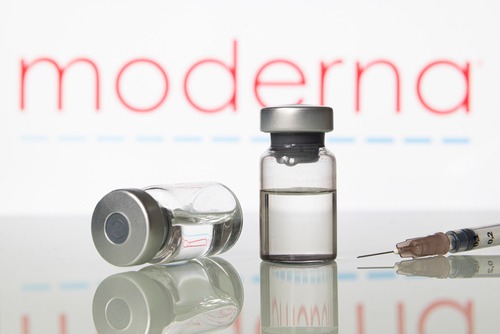
Interim data emerged this week from a Phase 2/3 trial of Moderna, Inc.’s mRNA-1273 COVID-19 vaccine on children between 6 months and 6 years old, demonstrating efficacy similar to usage on adults and with a generally well-tolerated profile.
The KidCOVE trial provided participants with two 25 μg doses, after splitting them into groups: those between 6-12 years old, 6 months to under 2 years old, and between 2 years and under 6 years old. The trial was both randomized and placebo-controlled, as well as observer-blind. It focused on the safety, tolerability, and immunogenicity of the mRNA-1273 vaccine, with doses given 28 days apart. Approximately 11,700 children were enrolled across the U.S. and Canada.
Due to the trial’s success, Moderna announced plans to request authorization for its two-dose primary series of mRNA-1273 to be used on children under 6 years old with the U.S. Food and Drug Administration (FDA), European Medicines Agency (EMA), and other global regulators. It has also initiated a submission to the FDA for emergency use authorization on children between 6 and 12 years old, though such use is already approved in Europe, Canada, and Australia.
“We believe these latest results from the KidCOVE study are good news for parents of children under 6 years of age. We now have clinical data on the performance of our vaccine from infants six months of age through older adults,” Stéphane Bancel, CEO of Moderna, said. “Given the need for a vaccine against COVID-19 in infants and young children, we are working with the U.S. FDA and regulators globally to submit these data as soon as possible.”
In testing, most adverse side effects from vaccination were deemed mild or moderate, gaining in frequency after the second dose. At no point were the issues enough to require pausing of the study, nor were any new safety concerns for children identified. Further, no deaths or cases of myocarditis, pericarditis, or multisystem inflammatory syndrome in children (MIS-C) resulted from testing.




